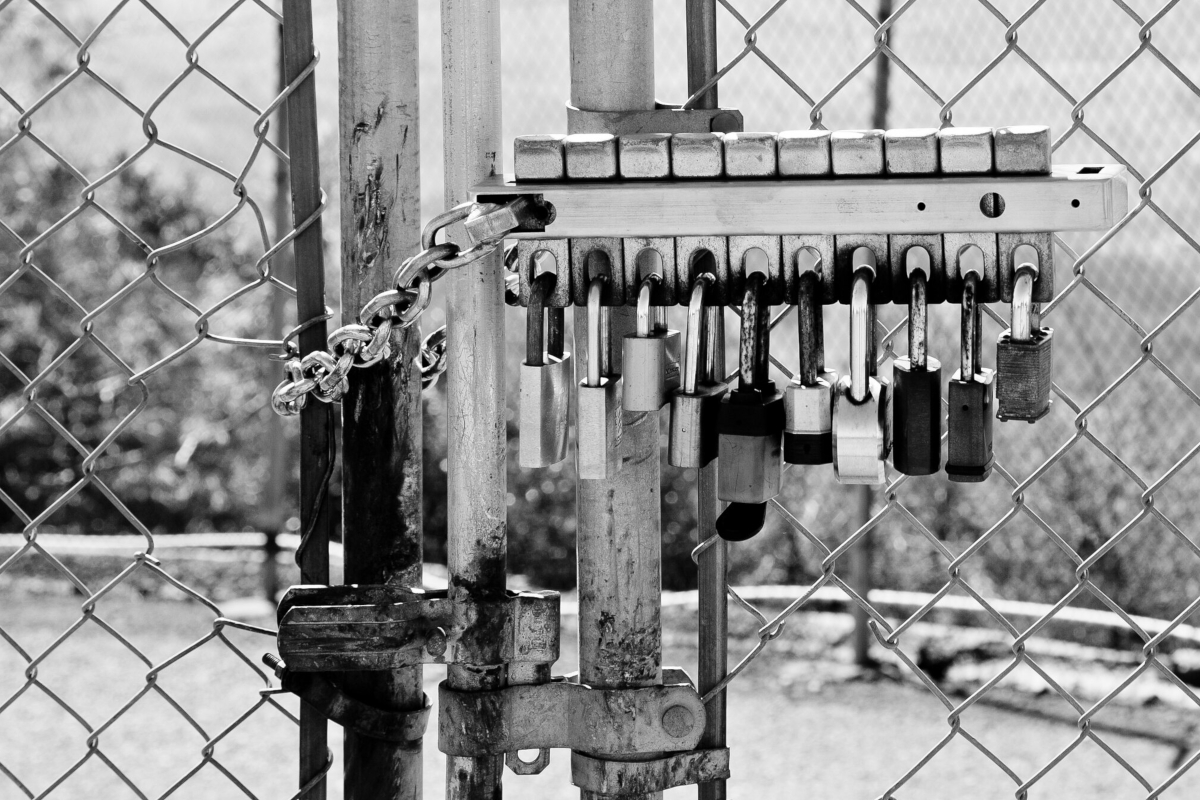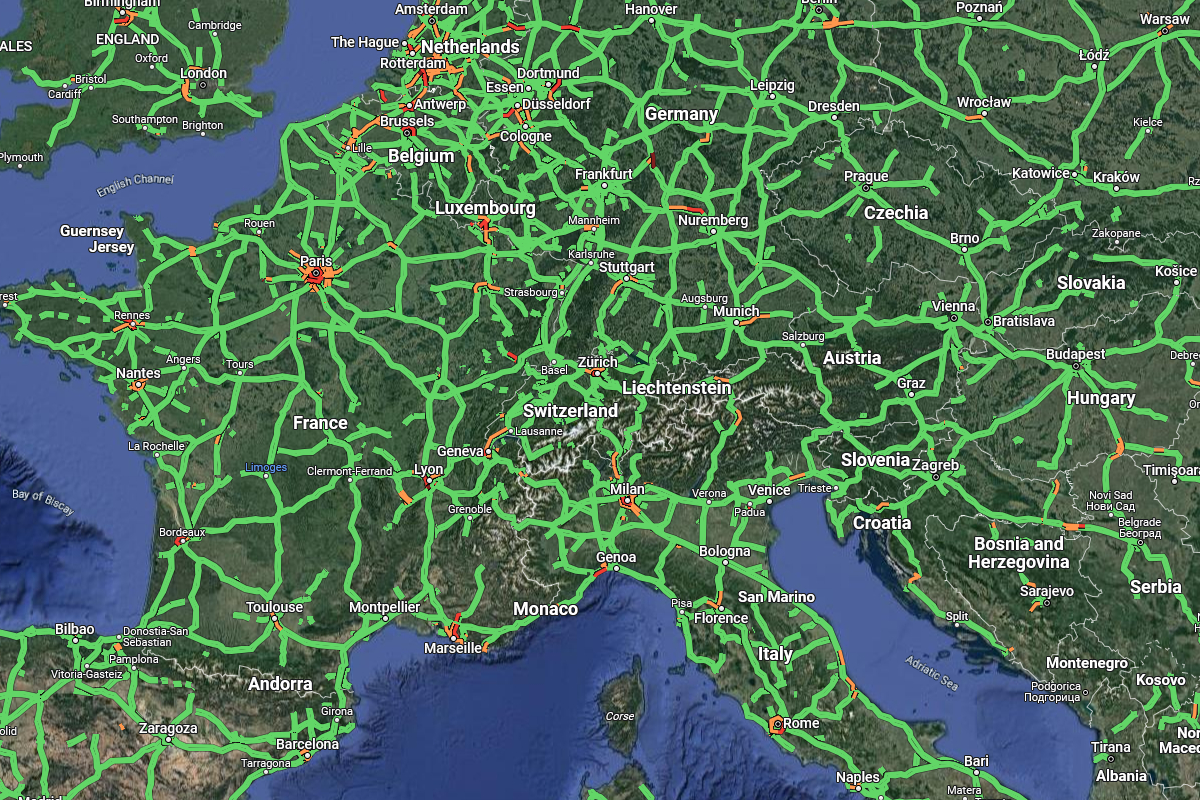EU: Eurodac and Joint Investigation Teams: four-column documents ready for secret trilogues
Topic
Country/Region
27 February 2023
The European Parliament and the Council of the EU will soon enter secret trilogue negotiations on two new pieces of legislation: Eurodac, the database on asylum-seekers that is being massively expanded to encompass people in an irregular migration situation; and a collaboration platform for Joint Investigation Teams working on cross-border criminal cases.
Support our work: become a Friend of Statewatch from as little as £1/€1 per month.

Image: Jessica Paterson, CC BY 2.0
Alongside the Parliament and the Council, the European Commission also attends secret trilogue meetings - hence the "tri" in their name.
The four-column documents are used to compare the text of the Commission's proposal, the Council's position, and the Parliament's position. Compromise texts agreed in trilogues are entered in the fourth column, once negotiations have got underway.
Access to those documents - in particular any text in the fourth column - is thus crucial for the public to be able to know what their governments and elected representatives are discussing. Yet they do not have to be made systematically available to the public.
In May 2018 the Court of Justice of the EU ruled that "access to documents relating to ongoing trilogues must in principle be granted on specific request, unless the institution proves that it is reasonably foreseeable and not purely hypothetical that full access to the documents at issue is likely to undermine, specifically and actually, the decision-making process."
That is, a request has to be filed for a four-column document (in which case it may take up to six weeks to receive an initial response) and the institutions can in any case refuse the request if access would "undermine, specifically and actually, the decision-making process."
It is worth recalling the text of the Lisbon Treaty, which claims that: "Every citizen shall have the right to participate in the democratic life of the Union. Decisions shall be taken as openly and as closely as possible to the citizen."
The trilogues on Eurodac and the Joint Investigation Teams collaboration platform are due to begin soon, at which point the fourth columns in the documents provided here will start being filled up with compromise text - which the institutions will do their best to keep from the prying eyes of the public.
Documentation
- Eurodac: Amended proposal for a Regulation of the European Parliament and of the Council on the establishment of 'Eurodac' - 4 column-table (Council doc. 6623/23, 20 February 2023, pdf)
- Joint Investigation Teams: Proposal for a REGULATION OF THE EUROPEAN PARLIAMENT AND OF THE COUNCIL establishing a collaboration platform to support the functioning of Joint Investigation Teams and amending Regulation (EU) 2018/1726 - 4-column table (Council doc. 6652/23, 20 February 2023, pdf)
Our work is only possible with your support.
Become a Friend of Statewatch from as little as £1/€1 per month.
Spotted an error? If you've spotted a problem with this page, just click once to let us know.

